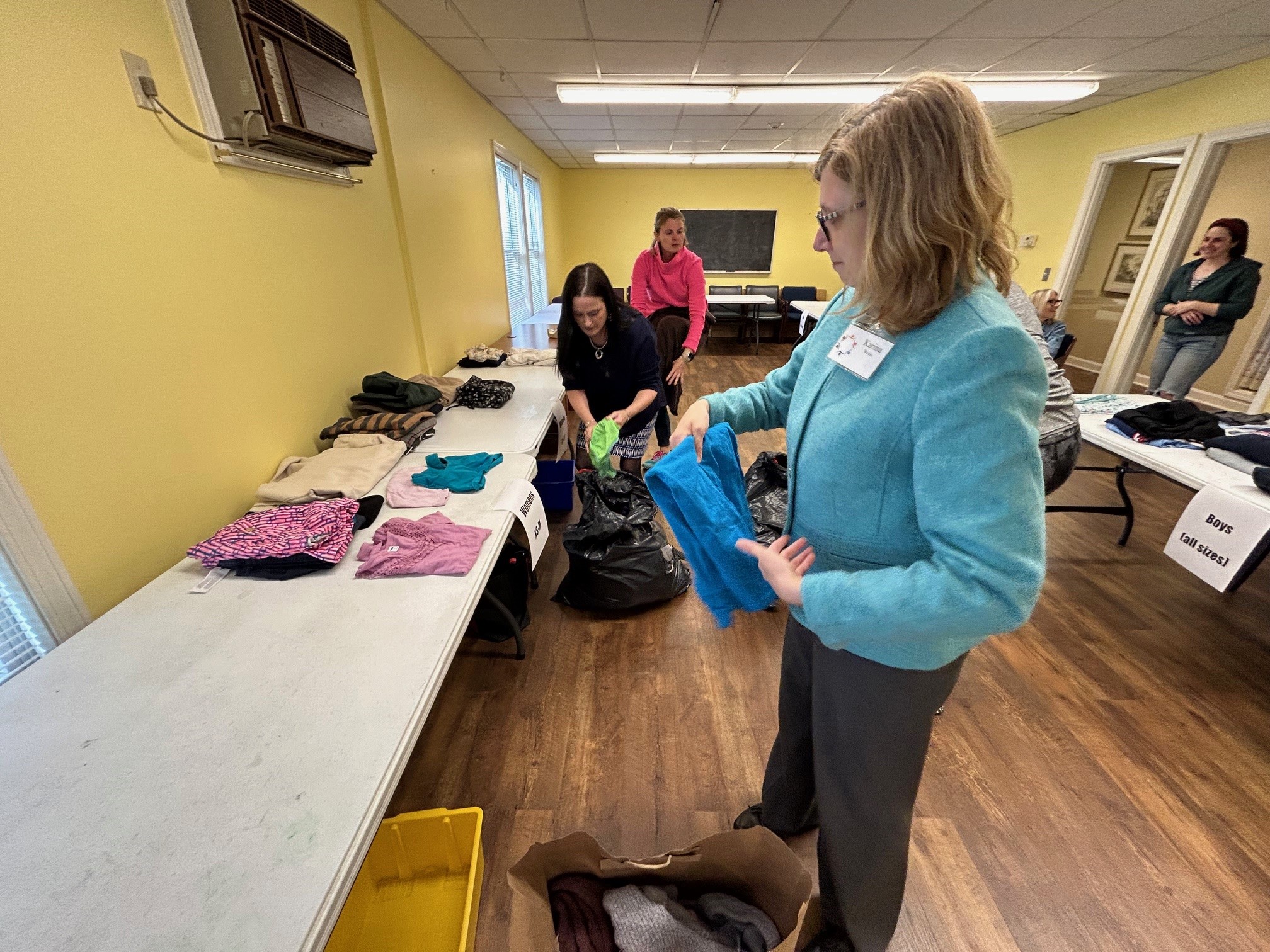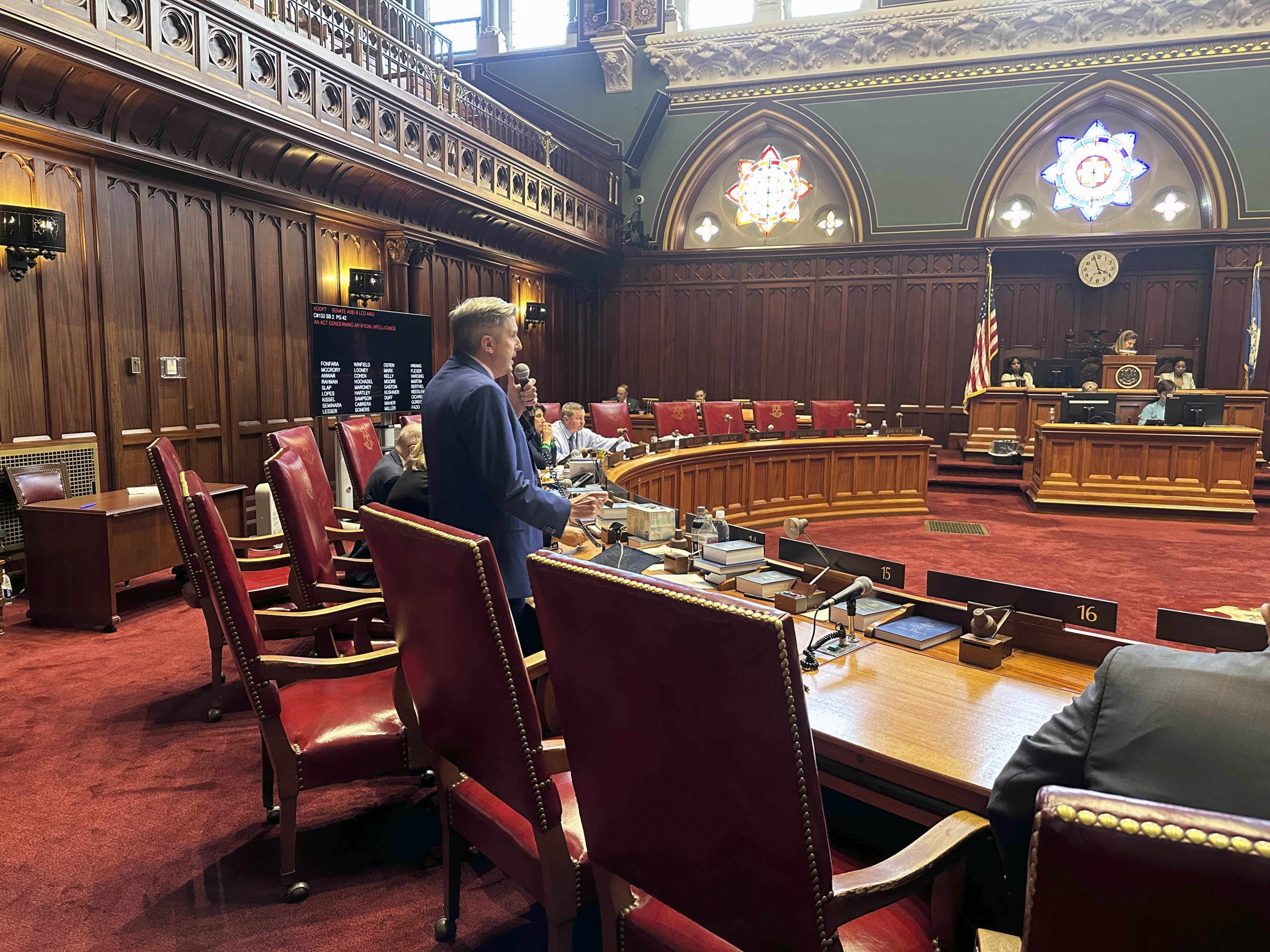According to a survey conducted by the US Census Bureau last month, nearly 9 million Americans say they are behind on rent. In Connecticut, more than 107,000 people say they are behind on rent payments, though the CT Fair Housing Center estimates that number is closer to 200,000 statewide.
“I am expecting that with people many months behind on rent, they are not going to be able to catch up," said Cathy Zall, the executive director of the New London Homeless Hospitality Center.
Zall said the center has stayed busy throughout the pandemic. Relief funding has enabled the center to help more people find housing. She estimates that they have housed about 150 people since June.
While numbers at the shelter have remained steady, Zall said she fears this is the calm before the storm.
"There are just a lot of people very behind on their rent and simultaneously struggling financially on other fronts," said Zall. "The concern is: what's ahead."
Always Home, a nonprofit based in Groton, has a similar concern.
Local
“All of our clients are really behind on their rent in one way or another," said Betty Smith, executive director of Always Home.
Always Home has a mission of preventing family homelessness. Smith said the effects of evictions are far-reaching, especially on young children and families. She said that the nonprofit is helping more people during the pandemic and they are preparing to help even more once the moratorium expires.
"Some of the families that we see are just now becoming behind on rent so they may be one month behind, but certainly we see families who are six months behind on rent," said Smith. "The longer this goes on, the more economic impact, the more households in Connecticut absolutely will be behind on rent.”
Smith and Zall said it would be helpful, short-term, if the state decides to extend the moratorium again. However, they say there needs to be a long-term plan addressing the problems facing both landlords and tenants. The organizations said it will be important to provide more rental assistance.
"Clearly we need more federal resources to address this very, very serious issue," said Jeanne Milstein, the director of human services for New London.
There is a high percentage of renters in New London. Thousands in the city are estimated to be behind on rent.
"It's just staggering," said Milstein.
She said people are facing a number of unmet needs in the city due to the pandemic, from housing to food insecurity.
New London will be using $90,000 in CARES Act funding to give directly to landlords whose tenants are unable to pay their rent because of the pandemic.
"But that is just a drop in the bucket," said Milstein. "We need an infusion of federal resources."



